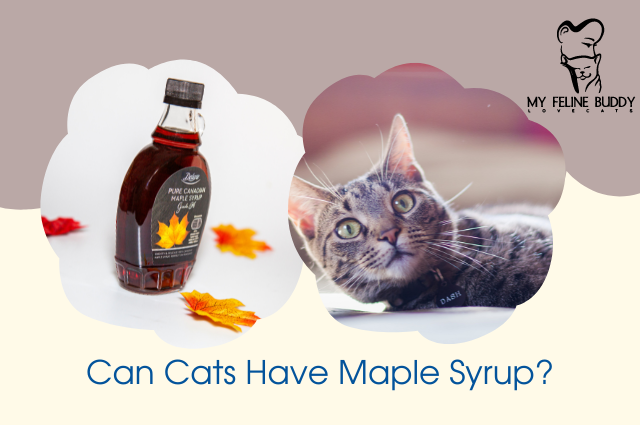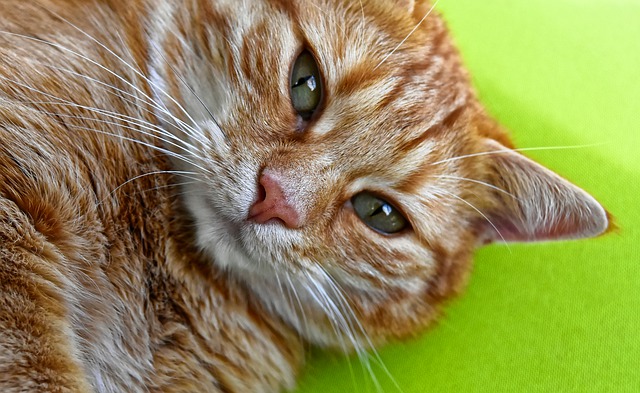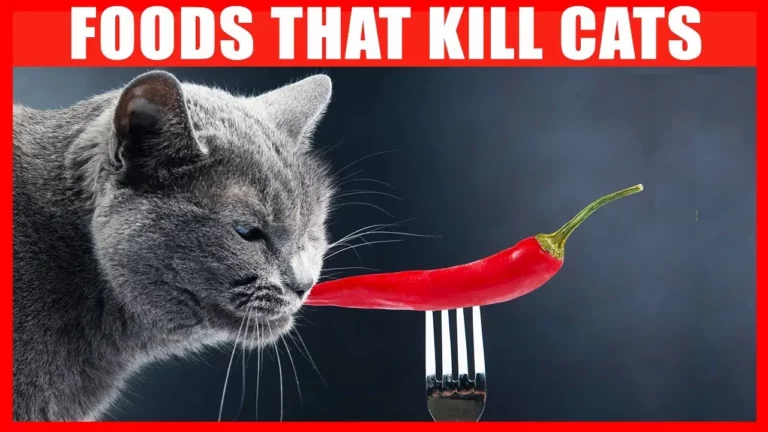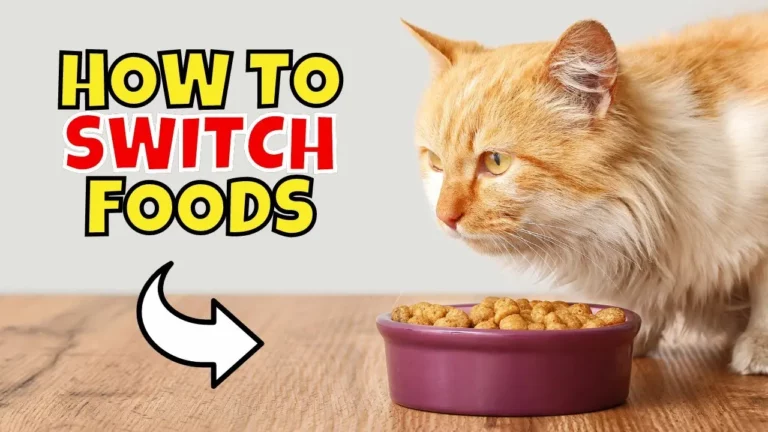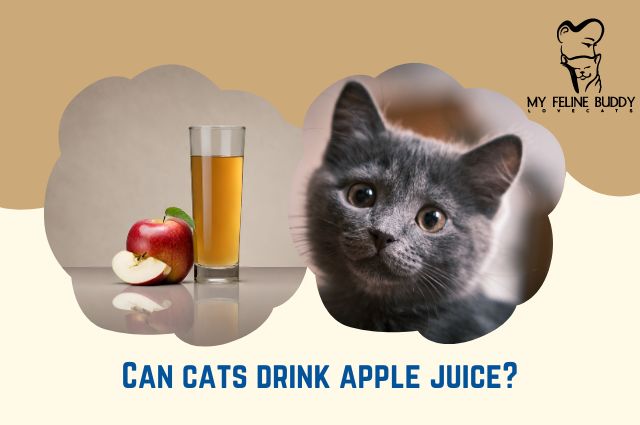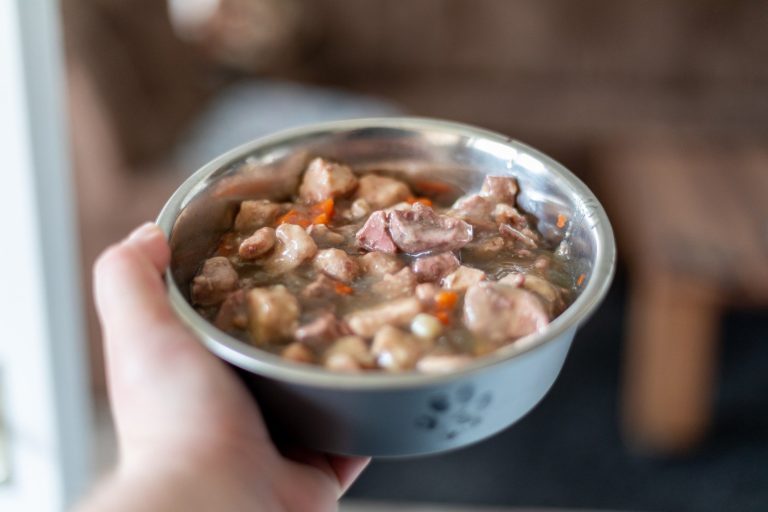Can Cats Have Maple Syrup?
If you’re a
However, you might wonder about certain human foods, like maple syrup, and whether they are safe for your feline friend.
Cats are obligate carnivores.
Their bodies are designed to primarily thrive on animal-based diets. They require a specific balance of proteins, fats, and essential nutrients to stay healthy. Understanding their dietary requirements is essential to keep your
Nutritional Needs of Cats
Cats have distinct nutritional needs. Their diet should be rich in high-quality animal protein, as it’s the primary source of energy for them. The amino acids in proteins are extremely iportant for their muscle development and overall body function.
Moreover, they need essential fatty acids, like omega-3 and omega-6, contributing to healthy skin and a glossy coat.
A study by the American Veterinary Medical Association found that a
What Is Maple Syrup?
Maple syrup is a sweet, viscous liquid made from the sap of sugar maple trees.
This delicious condiment is a staple in many households and is primarily used as a topping for pancakes and waffles. It’s known for its distinct flavor and natural sweetness.
Is Maple Syrup Safe for Cats?
Now, the big question: Can cats have maple syrup? The answer is a bit complex. While maple syrup is not inherently toxic to cats, it should be approached with caution.
Maple syrup is high in sugar, and it’s well-established that cats don’t handle sugar well. Their bodies are not designed to digest excessive amounts of sugar.
Research from the Journal of Feline Medicine and Surgery has shown a clear link between high sugar intake and an increased risk of diabetes in cats.Â
In addition, an excess of sugar can lead to obesity, which is a growing concern among domestic cats. According to the Association for Pet Obesity Prevention, obesity can significantly reduce a
Alternatives to Maple Syrup for Cats
Given the potential risks associated with maple syrup, it’s best to explore safer alternatives for your feline companion. You can find a variety of
One such option is the “Temptations Classic Treats for Cats“. These treats are nutritionally balanced and come in various flavors to satisfy your
Another option is to prepare homemade
You can even find
For those who prefer ready-made options, “Greenies Feline Dental
Other Helpful Information for Pet Owners
Understanding rhe role of occasional indulgence is important if you’re a responsible
While it’s clear that cats should not have maple syrup as a regular part of their diet, the occasional tiny taste is unlikely to cause harm. In rare instances, a small lick from your plate may not be a cause for concern.
Read more: Is arugula bad for cats?
However, moderation is key, and it’s essential to ensure it’s an exception rather than a routine.
To better understand the impact of maple syrup toxicity, let’s look at some common signs and symptoms to watch out for. If your
You might also like: Applaws cat food reviews – Is it any good?
These may indicate that your
If you suspect your
Read more: Solid Gold Cat Food Review
Frequently Asked Questions about Maple Syrup and Cats
Can cats have a small amount of maple syrup?
Yes, in moderation, a small taste of maple syrup is unlikely to harm your
What are the risks of feeding maple syrup to cats?
The primary risks include obesity and diabetes due to the high sugar content. Cats are not well-equipped to handle excessive sugar.
Are there any health benefits of maple syrup for cats?
There are no significant health benefits of maple syrup for cats. Their nutritional needs are best met with a balanced, high-quality
How much maple syrup is too much for a cat ?
Even a small amount can pose risks, so it’s best to avoid giving your
Can maple syrup be used in homemade cat treats?
It’s not recommended to use maple syrup in homemade
Summary
In summary, cats have specific dietary needs that should be met with a balanced, high-quality
Maple syrup, while not inherently toxic, poses risks due to its high sugar content. An occasional taste is unlikely to harm your
You might also like: Grain-free cat food reviews
Resources
For further information on feline nutrition and health, consider the following resources:
American Veterinary Medical Association (AVMA): A reputable source for veterinary information and research.
Association for Pet Obesity Prevention (APOP): Provides valuable insights on pet obesity and its impact on your
